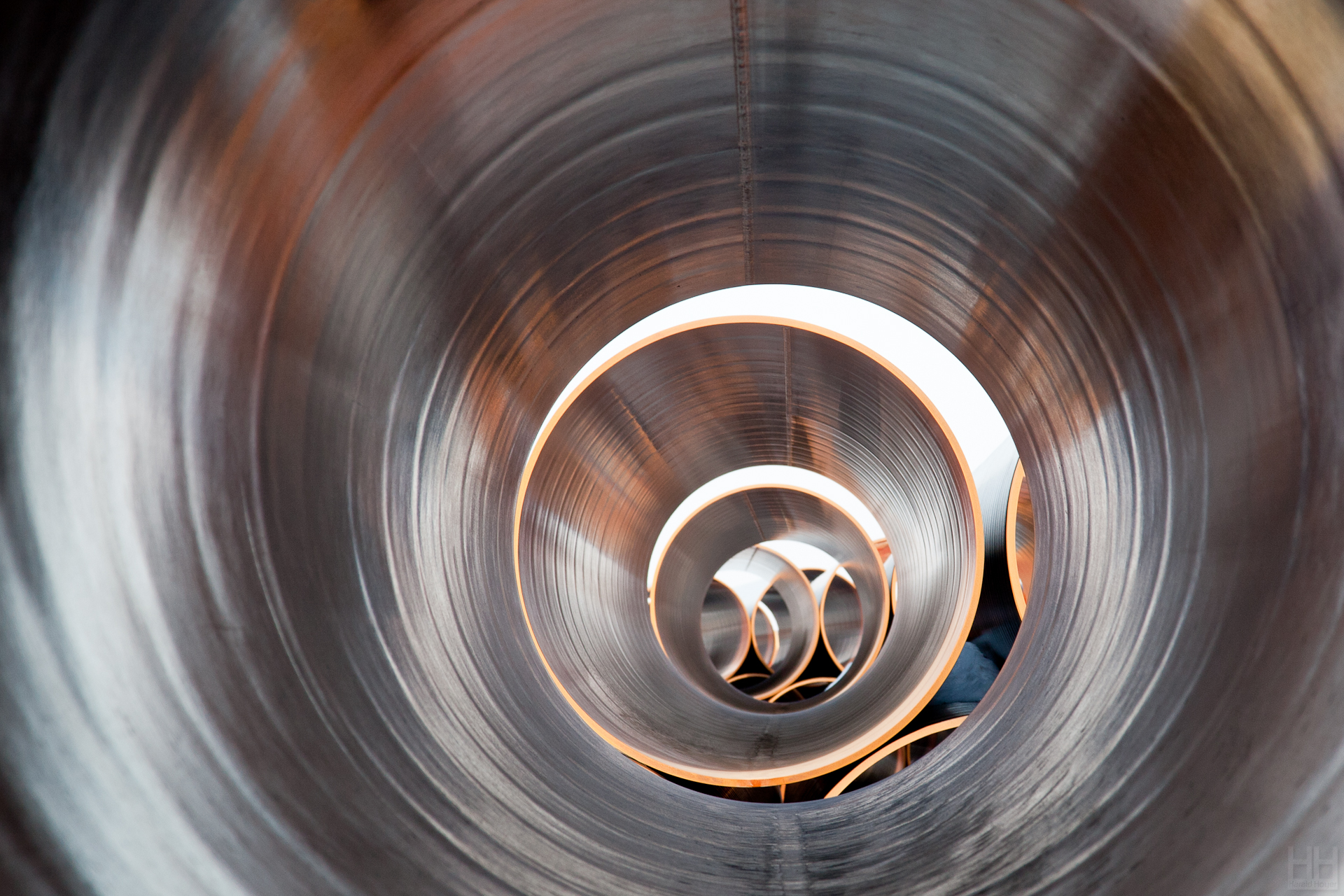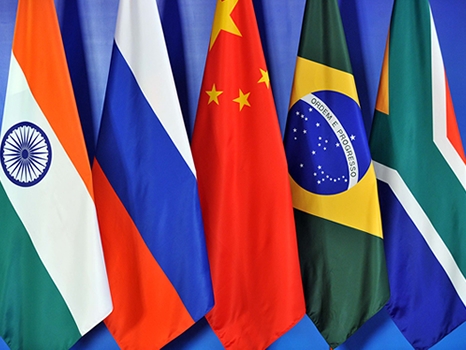This is my latest feature piece for IBA Global Insight:
 Over the past 18 months, Ukraine hit the international headlines time and again as it battled months of widespread demonstrations, bloodshed, the annexation of Crimea, snap elections, the downing of Flight MH17 and a tumbling currency, the beleaguered hryvnia. The country’s long-running spat with Russian state-owned gas giant Gazprom, which has a monopoly over the European gas market, has also been well documented since the feud first began ten years ago.
Over the past 18 months, Ukraine hit the international headlines time and again as it battled months of widespread demonstrations, bloodshed, the annexation of Crimea, snap elections, the downing of Flight MH17 and a tumbling currency, the beleaguered hryvnia. The country’s long-running spat with Russian state-owned gas giant Gazprom, which has a monopoly over the European gas market, has also been well documented since the feud first began ten years ago.
Ukraine is still largely reliant on gas from Russia and disputes over payments have crippled supply numerous times over the past decade as the two countries continue to come to contractual blows. The pipeline that transits the country also carries around half of Gazprom’s exports to the rest of Europe, meaning that the problems have also been felt much further afield.
Over the years, contracts between Russia and Ukraine have been signed, amended and restructured in an unregulated and often arbitrary way. This finally came to a head last year when Gazprom launched a case against Ukraine’s state-owned gas utility, Naftogaz, in the Arbitration Institute of the Stockholm Chamber of Commerce (SCC), claiming the Ukrainian company owed it billions of dollars in unpaid debts on gas delivered since 2009.
Published on 07-08-15. Read on here

